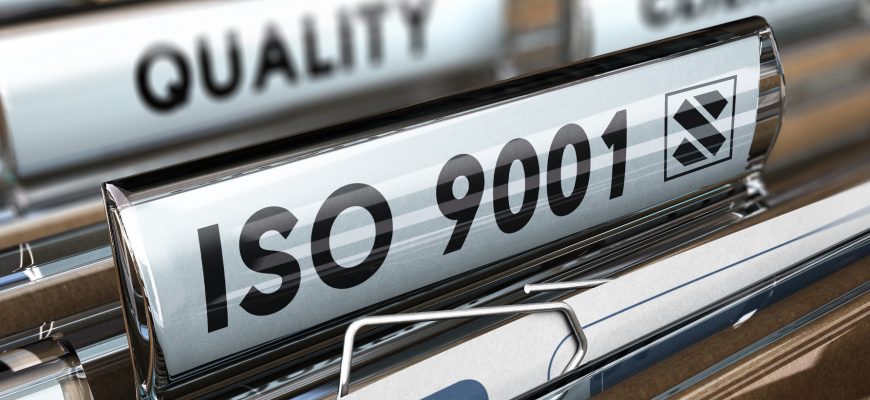But first, how do you choose your Translation Agency?
The first, and toughest, decision companies have to make when seeking translations is “Who do I turn to?”. For many companies, translation is a sector they are not familiar with and, since it is not part of their core business, there is rarely any internal expertise. A simple search on the internet brings up hundreds of Translation Agencies and Language Service Providers (LSPs). But how do you evaluate a Translation Agency without knowing exactly what you’re looking for? This is particularly difficult when all potential suppliers claim to offer fast, accurate and competitively-priced translations.
What if you can’t evaluate the translation internally?
In this case, you have to rely on the expertise of the Translation Agency and hope that the quality of the translation is acceptable. But how can companies obtain peace of mind over an issue that they may know very little about?
The fundamental difficulty in evaluating translations is that it’s very subjective. Certain aspects of a translation — such as industry terminology — can be just plain wrong. However, it is often said that if you give ten translators a substantial sentence to translate, you will receive ten different translations! Therefore how do you measure quality? And how can you be sure you’re getting it, in an area which is so difficult to qualify objectively?
This [ISO] standard is based on a number of quality management principles including a strong customer focus, the motivation and implication of top management, the process approach and continual improvement. (…) Using ISO 9001 helps ensure that customers get consistent, good-quality products and services, which in turn brings many business benefits.
WHY ISO 9001?
One of the best ways to evaluate the standing of a Translation Agency (or LSP) is to ask if it has an ISO 9001:2015 certification. This is not the only differentiating factor, but it’s certainly one worth considering. But why is this so?
ISO: Certification you can Trust
ISO 9001 is a set of international standards which measure quality management and quality assurance systems, within organisations. As a third-party certification, it authenticates a company’s adherence to a well-defined, well-documented set of procedures. Procedures which facilitate the delivery of consistently high-quality products and services.
ISO 9001:2015 specifies requirements for a quality management system when an organization:
ISO Quality management systems — Requirements
a) needs to demonstrate its ability to consistently provide products and services that meet customer and applicable statutory and regulatory requirements, and
b) aims to enhance customer satisfaction through the effective application of the system, including processes for improvement of the system and the assurance of conformity to customer and applicable statutory and regulatory requirements.
Above all, ISO 9001 focuses on process management, and considers a company as a whole — a ‘nexus’ of flows and processes, all of which should be optimised, both individually and in relation to each other. These processes cover a variety of categories, including:
- Management commitment to quality
- Customer Service
- Adequacy of available resources
- Employee abiltiy
- Product design
- Review of incoming orders
- Corrective and preventive actions
- Monitoring of processes, and
- Calibration of techniques used to do so
In other words, ISO 9001:2015 examines everything a company does to deliver its professional service or business product.
ISO and the Translation Industry
Applied to the world of translation, it is important to note that ISO 9001:2015 certification cannot guarantee the quality or accuracy of a specific translation. However, it will evaluate the Translation Agency, and guarantee that you will receive a high-quality, professional service, managed and measured in an objective manner. Furthermore, it ensures that the Agency procedures focus attention on correcting mistakes, and preventing error recurrence.
For example, ISO 9001 requires that some form of measuring customer satisfaction is directly incorporated into the company’s core processes; as well as procedures for dealing with customer feedback. Also, the quality of the suppliers (the translators) must be objectively measured on a regular basis.
One criticism of ISO 9001 is that it focuses exclusively on processes rather than products. It could, theoretically, be possible for a company which produced low-quality goods to be ISO certified on the basis of its processes alone. However, this risk is minimal in the translation industry, as much of an LSP’s expertise will reside in the processes used to reach the final translation. ISO 9001 is well suited to the translation industry, in the sense that the ‘product’ is essentially indivisible from the ‘process’.
In conclusion
Although an ISO 9001:2015 certifcation cannot guarantee the quality of a particular translation; it can guarantee the quality of the Translation Agency’s service, and that procedures are in place to provide a high-quality product. In such a subjective industry, this is as objective as it gets. Providing this kind of peace of mind is what differentiates an ISO certified company from the rest.

